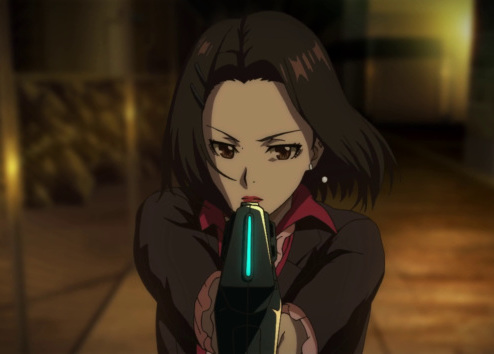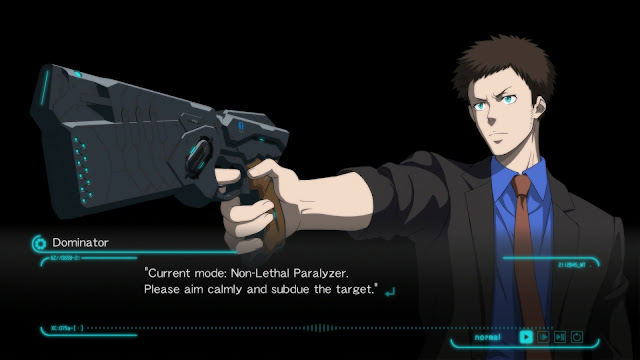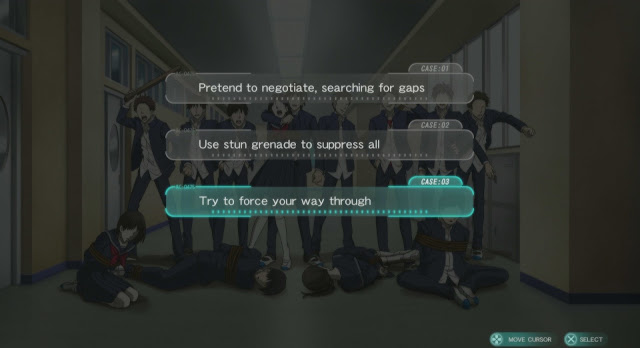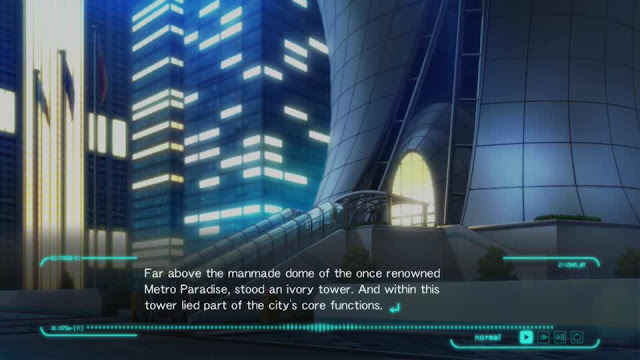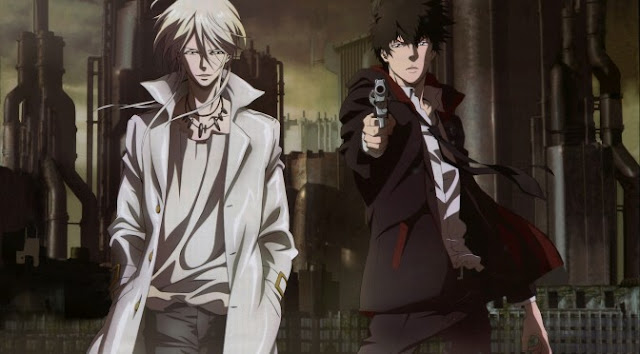Review by Clark A.
Related reading: Fans of visual novels also need to check out Steins;Gate. Another very intelligent one. Matt’s full review.
Gen Urobuchi wasn’t as involved in the production of Psycho-Pass: Mandatory Happiness, but the characters, world, and themes he helped actualise in the animated series are in full-swing in this new video game equivalent once again. These core attributes translate perfectly to a new medium and it’s something to behold. Psycho-Pass is a series filled to the brim with compelling characters, but it’s always the well-defined world itself that conjures reasons for them to interact. It cunningly broaches the subjects of authority and ethics in the coming century.
Anime Editor

